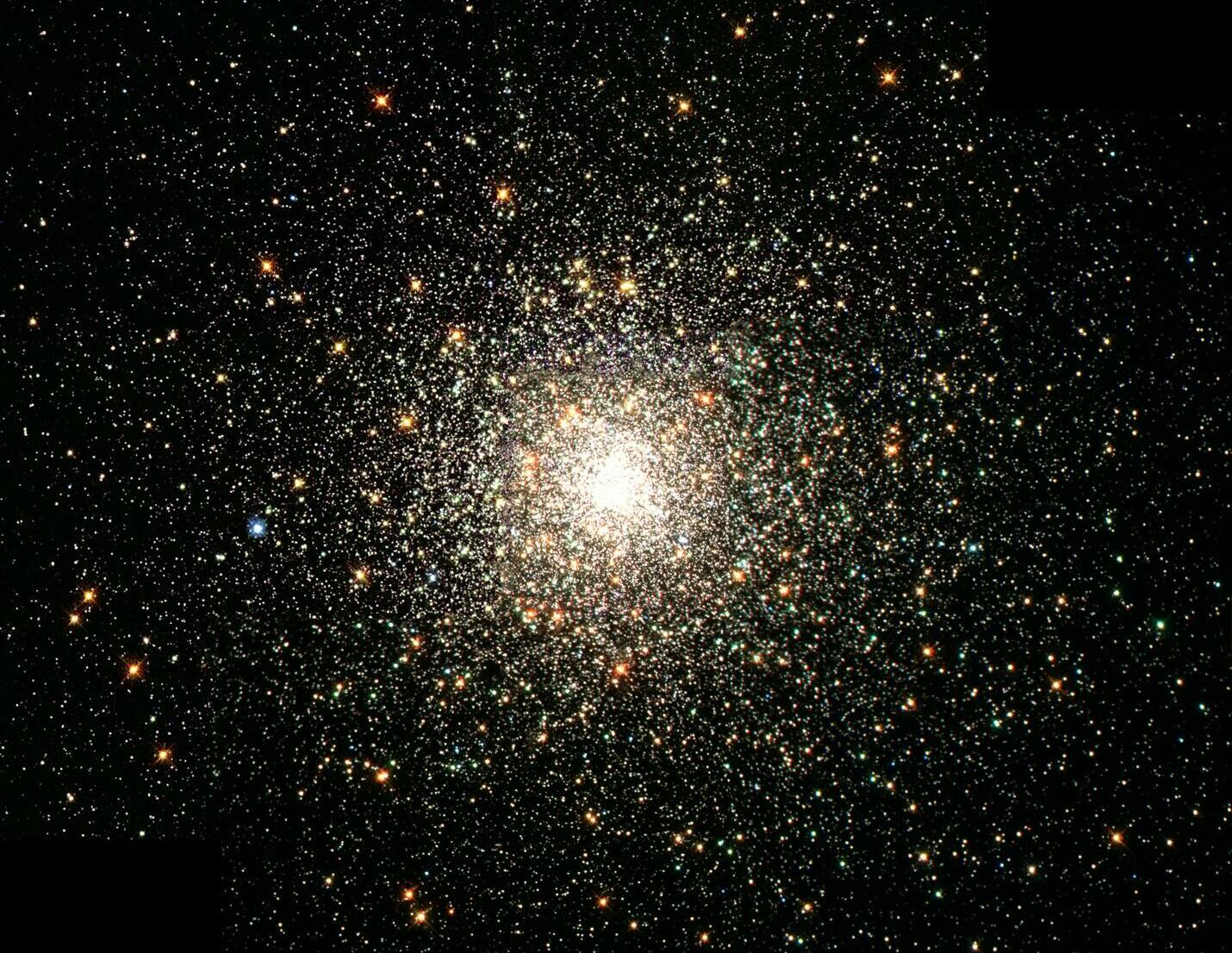
How does one go about answering the question of God’s existence? To think that there is an answer to such a grandiose question may seem to many, overwhelming or impossible. Others think coming to a confident conclusion on the question is arrogant, implying it is simply too big of a question that is beyond our scope of knowledge. However, it can be argued that millennia ago, civilizations could not fathom the inner workings of the universe, but that didn’t mean answers were not available. We often overlook the fact that we use our logic, reason, knowledge of the external world and internal lived experience to inform all beliefs we hold true and as the basis for the multitude of decisions making up our day to day actions.Given our capacity to use our mental faculties and lived experience to arrive at knowledge, it then becomes possible for us to explore the question of God’s existence. I believe that the first and best place to begin looking at the question of God’s existence is in the arena forming the foundation for all of reality as we know it; the origins of the universe. Furthermore, the impressive advancements in the field of cosmology and astrophysics lets us build a cumulative evidence case allowing for the possibility of stronger conclusions on the subject than have ever been available in the past.
Atheists and theists alike believe that something brought about matter, space and time into existence - what we call the universe, a concept now known as The Big Bang. The only debatable aspect lies in whether that cause is a personal being or if it is an impersonal force. Philosophical reasoning asserts there are only two types of causal explanations for any cause; either scientific or personal. For example, If I ask my husband why the kettle is boiling, there are two possible explanations he will give me. Either, because the heat conducted by the kettle is being transferred to the water causing the molecules to vibrate rapidly, or he is making tea. Both explanations are equally valid and true but only one is appropriate given the context of my question and the scientific answer doesn’t fit the context. When it comes to answering the origins of the universe question, not only does the scientific answer not fit the context, it isn’t capable of giving an answer since science can only be carried out in the presence of space, time and matter. These are the very things that came into existence at the point of the Big Bang. If space, time and matter were created at the Big Bang then, it logically follows that its cause has to be powerful, timeless and immaterial.
Some argue that the cause of the universe can be explained by impersonal concepts or physical laws such as gravity. However, the problem with this explanation is that a) it implies a scientific concept bound by time, space and matter and b) laws don’t have the capabilities to make choices (i.e. gravity doesn’t decide to bring a ball down). Only persons endowed with free will can spontaneously cause something to happen without any pre-determining conditions being present. I believe this logical trail leads us to reasonably conclude that the best explanation for the existence of the universe is a personal, all powerful (Not bound by physical limitations), timeless (has always existed and doesn’t need a cause -not bound by time and space), and immaterial (not made of matter) being – the very definition of God himself.
